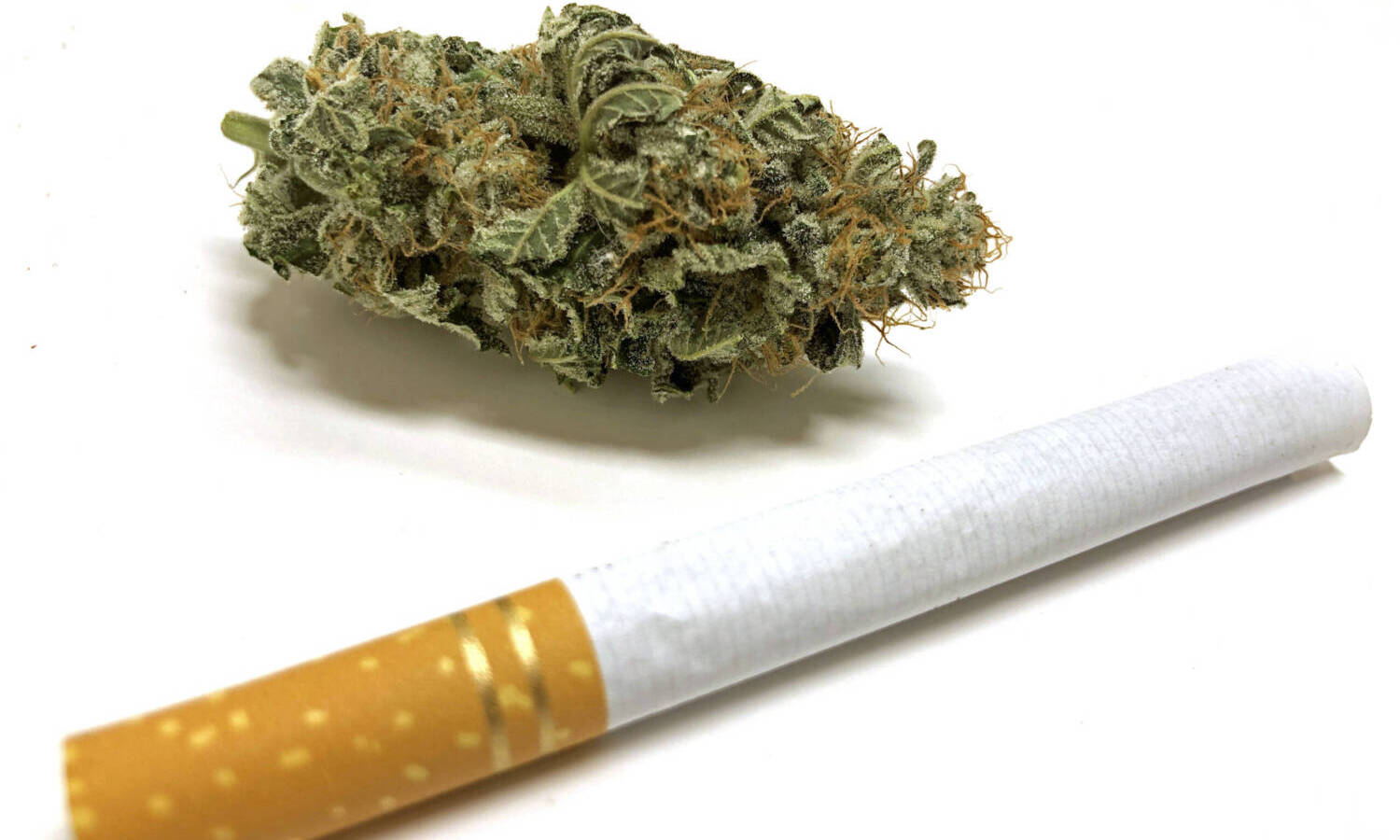In order to understand why tobacco prices steadily increase while marijuana prices fluctuate, it is important to understand the differences between why and how these two products are taxed.
If you are a frequent cannabis purchaser you have likely noticed that some of your favorite cannabis products have stayed the same price, or even decreased over the last year. When prices on your favorite cannabis go down you likely don’t want to ask too many questions. Instead you are more likely to buy as much as you can and leave with a bag full of savings.
Marijuana prices have indeed decreased or at least stayed stable recently. While this may not prompt suspicion, you have to wonder why a highly-taxed product like marijuana is not going up in price while tobacco, another taxed and regulated substance, continues to climb in price.
In order to understand why tobacco prices steadily increase while marijuana prices fluctuate, it is important to understand the differences between why and how these two products are taxed.
Tobacco is taxed on a federal and state level. One main reason tobacco is taxed on a federal level is to offset the mounting cost tobacco has on preventable medical costs. According to the CDC, cigarette smoking cost the United States more than $600 billion in 2018 alone. The money to cover these costs has to come from somewhere.

The other reason taxes in tobacco steadily increase, without dipping, is that increasing price is linked to smoking cessation (especially in young people). “Tax increases are the most reliable policy tool to encourage smokers to quit, discourage young people from trying cigarettes, and generate revenue to offset the public health costs of tobacco use,” according to Tobacconomics, an economic research group on tobacco control policy.
RELATED: Lessons The Recreational Cannabis Industry Can Learn From Big Tobacco
Marijuana is taxed heavily as well, but in a different manner than tobacco and with different goals. For one, marijuana is not taxed on a federal level, as it is not legal on a federal level. Instead it is taxed on state and local levels. Since marijuana is not linked to terminal disease like tobacco products are, the tax collected from marijuana is used for programs that often tend to benefit the state the marijuana is purchased in.
Most states use the collected tax revenue to support educational and treatment programs, law enforcement and even boost their state’s general fund. Colorado, for example, uses 71.85% of the tax revenue collected for “health care, health education, substance abuse prevention and treatment programs, and law enforcement,” according to the Colorado General Assembly. More than 15% (15.56%) of the revenue goes to the state’s general fund.
This shows that while both products are taxed highly, tobacco tax is aimed to stop people purchasing the product and decrease federal cost of healthcare issues caused by smoking. Marijuana tax is used to benefit the state it is purchased in, meaning there is likely no desire to decrease marijuana sales in states where it is legal, so keeping the product affordable is a wise idea. Overtaxing could hurt sales, and in turn hurt the state’s economy.
Another reason marijuana prices are going down while tobacco prices are going up has to do with how established (or unestablished) these two markets are. Tobacco and its leading companies have established their markets, brands and customers. This means while they can spend money on advertising and promotional offers to entice customers, the price is fairly established.
Marijuana, on the other hand, is a very new market, especially the legal market. It is so new that major players are only just beginning to rise, and sometimes fall, as the industry grows. While this is an exciting time for the industry and those who support it, it is also an economically volatile time for those who are invested in it. There is a lot of competition in many states. The new cannabis boom has prompted a rush of entrepreneurs to enter this growing market.

This growth, however, has led to a bit of an over-saturation in some places, and also an over-abundance of product. “In some states, there’s simply too much product, leading to plunging prices. In California, for example, wholesale cannabis prices plummeted by about 50% last year,” according to Politico, which mentioned that Colorado, Washington and Oregon all saw significant declines as well. This is a major reason you have likely noticed those decreased prices lately.
Marijuana is slowly growing in acceptance among lawmakers and the general population, which in turn will likely lead to it being accessible and affordable for years to come. Since it is a new market, prices are bound to fluctuate, but when they eventually settle the odds are they will not break your bank account.
While cigarettes and joints might look the same, the political and public acceptance of tobacco continues to decline. As more people want to see an end to nicotine addiction and the preventable death associated with it, there will likely only be further taxation and higher prices in the future.


